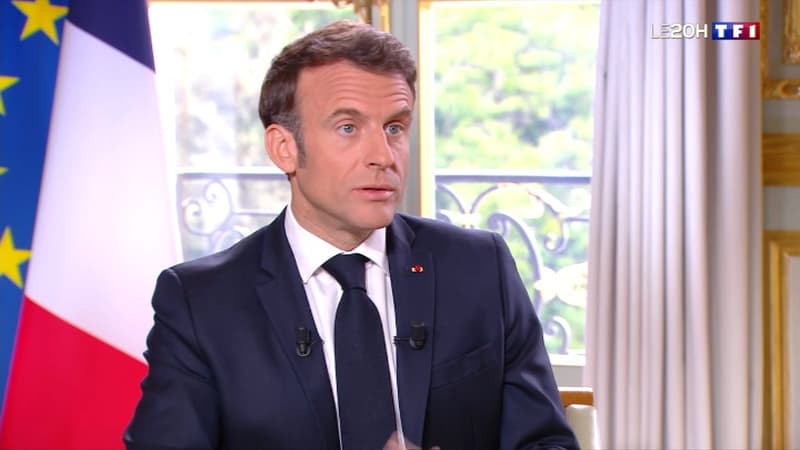Emmanuel Macron is interested in it: during his interview on Monday night, he renewed his desire for a tax cut for the middle classes. If you don’t know more about the method, you know the amount.
It will be 2,000 million euros. A small “Marshall plan” for the middle classes according to the expression of the Minister of Public Accounts, Gabriel Attal.
By way of comparison, the reductions in personal income tax from the previous five-year period with the reduction of the 2nd tranche to 11% represented just over 5,000 million euros. And yet, many taxpayers do not have the impression that they felt the fall, which was nonetheless very real. Furthermore, according to a BFMTV survey, if 86% of the French say they are in favor of a reduction, 57% consider that the promise is not very credible.
However, who are affected by this reduction promise? Those who earn between 1,500 and 2,500 euros a month, according to Emmanuel Macron, or 8.7 million people according to INSEE statistics.
230 euros per person
If we divide these 2,000 million euros among 8.7 million people, we obtain 230 euros of annual gain in purchasing power, or about twenty euros per month.
It remains to be seen what tax could be lowered. Several paths are possible. First the CSG which generates around 130 billion euros in revenue per year. But this flat rate tax is not targeted at one category of employees, and reducing it to just one category of the population would be unconstitutional.
Possibly the path of workers’ contributions will also be ruled out, the reduction of which would make it possible to reduce the gap between the gross and the net. This would threaten the balance of the pension system, which would contradict the reform from the beginning of the year.
As for inheritance rights, here again the desired goal would not be achieved. It is especially the richest French who would benefit from this.
The income tax remains, which makes it possible to better target the categories of the population according to their salary with slices.
But whichever path is chosen, it will generate less money in the state coffers.
Objective: deficit reduction
Does France have the means? It all depends on the budget trajectory desired by the government. However, the latter points to a public deficit of 2.7% of GDP in 2027 (4.7% in 2022) and a debt that would drop to 108% (111.6% to date).
All this while other reductions are already planned, such as the suppression in two years of the CVAE, a tax on the production of companies that contributes 8,000 million euros a year.
If the bet seems complicated, the government is rather optimistic. On the Bercy side, it is recalled that reductions were planned in the Emmanuel Macron program on inheritance rights and income tax with the combination of this tax for unmarried couples. It would therefore be a matter of taking the planned reductions to reallocate them to the middle classes.
In addition, the government continues to count on the dynamism of economic activity to boost tax revenue. As we have seen in the previous two years, despite the reduction in the corporate tax rate, revenue has broken records (39.5 billion euros in 2022). The good health of the labor market with an unemployment rate that has been falling steadily for two years has made it possible, on the one hand, to reduce the amount of unemployment contributions and increase income tax collection (82,400 million euros in 2022).
The government is finally preparing a savings plan of “several billions of euros” for the next 2024 Budget. Bruno Le Maire, who wants to bring public spending below 54% of GDP in 2027 (compared to 57.6% in 2022) aims to hunt down unnecessary spending, social spending as well as “brown” spending (those that have a negative environmental impact) as well as superfluous business aid.
A goal that many governments have been tackling over the last 20 years without much success so far.
Source: BFM TV


